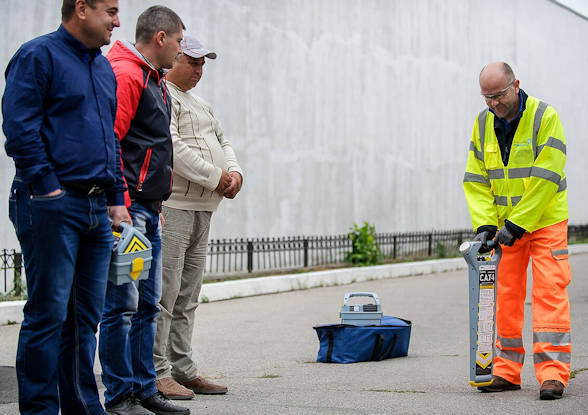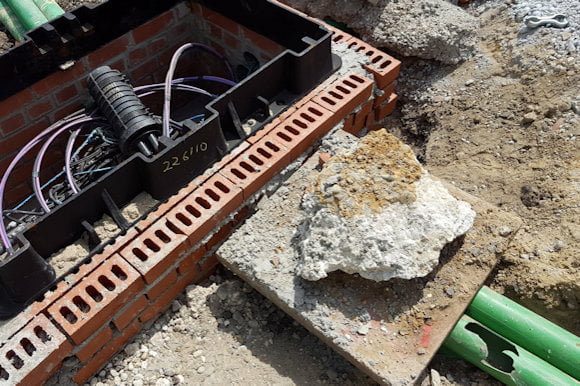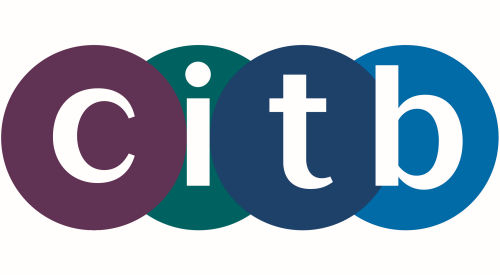HSRM Ltd worked closely with a specific client in the construction and civil engineering sector with the ultimate aim of reducing the incidents of service strikes. Firstly, a risk survey was deployed specifically targeting service avoidance. The survey looked at items in the field and within the company process at all levels ensuring all elements of the risk management process were covered. The profile identified both strong elements of the systems and also those which were lacking in robustness. The action plan contained specific detailed actions for the management to consider. The survey identified poor pre-construction information being carried through to construction and design decisions and costing being made on spurious information. Lack of robustness in contractor management and selection and a lack of knowledge around new technologies.
The action plan concentrated on interrogation of pre-construction information and its suitability and providing tender teams with suitable information and the ability to challenge the client and source their own information and begin early involvement with utility providers upon contract award. In addition a robust standard was created and made clear to the contractors and a robust system put in place for Cable Avoidance Tool selection and training.

This was supplemented with targeted unique and specific IOSH training course on the Management of Buried Services. The training filled the gap identified with the management teams who lacked the specific knowledge around the management processes, what is achievable and when and how to gain support from other specialists and utility providers in the event of changing or challenging conditions.
With the links HSRM Ltd have, we supported reviews and trials of new technologies and process helping integrate new methods of working. This includes differing types of suction excavation, CAT’s with enhanced features, augmented reality and accurate scanning and surveying.
This has provided the client with:





